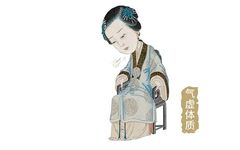Dietary Recommendations in Traditional Chinese Medicine
【Qi Deficiency Constitution】
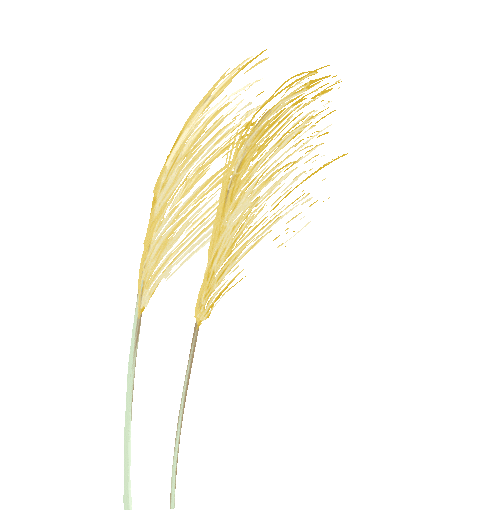

Origin of Qi Deficiency Constitution

Each of us inherits different genetic traits from our parents, has different living environments and habits, and is a unique individual, which can be said to vary greatly. Dietary recommendations differ for individuals with different constitutions.
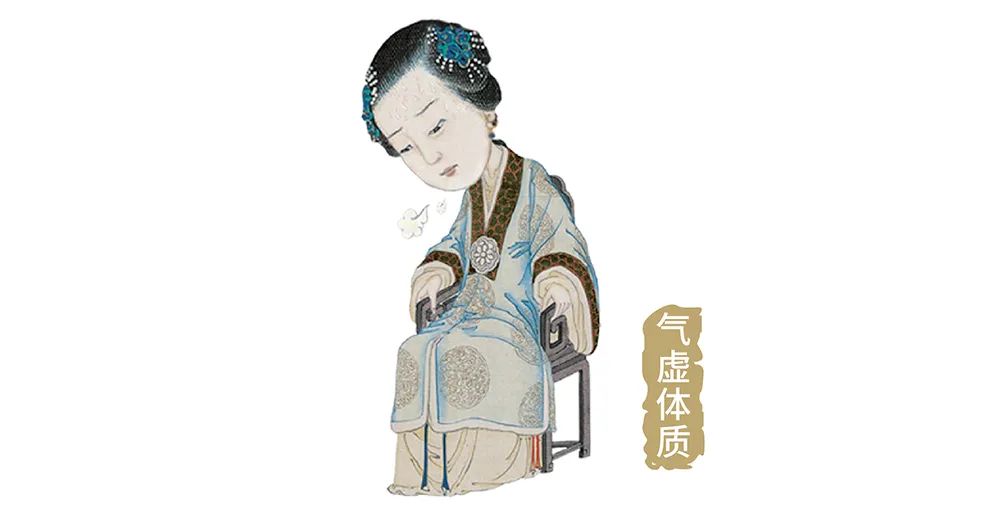
Qi deficiency constitution refers to a condition characterized by shortness of breath, reluctance to speak, weak voice, lack of energy, easy sweating, occasional low fever, pale red tongue, and teeth marks on the sides of the tongue.
“
Tendencies of Qi Deficiency Constitution:
Frequent colds, organ prolapse, low blood pressure, depression, etc.
“
Principles of Dietary Nourishment:
1. Tonify the spleen and lungs, while also considering the heart and kidneys. Qi deficiency is often related to deficiencies in the lungs, spleen, heart, and kidneys, so dietary nourishment should focus on replenishing these organs. Since “the root of Qi is in the kidneys,” when tonifying Qi, one may add Gou Qi Zi (Goji Berries), Sang Shen (Mulberries), and honey to nourish the kidneys and replenish essence.
2. Foods should be neutral in nature and suitable for gentle supplementation. Qi deficiency often manifests as reduced organ function without cold symptoms, so it is advisable to consume rich, easily digestible foods.
3. For those with both Qi and blood deficiency, treatment should focus on nourishing Qi and blood, invigorating Qi and blood circulation, and stabilizing blood.
4. Avoid cold, damp, greasy, and overly rich foods.

Next, we will introduce dietary recommendations for individuals with Qi deficiency constitution~

Recommended Dietary Therapy

Dang Shen and Huang Qi Porridge
1. Source: “Sheng Ji Zong Lu”
2. Ingredients: Dang Shen (Codonopsis) 15g, Huang Qi (Astragalus) 15g, Shan Yao (Chinese Yam) 30g, Jing Mi (Glutinous Rice) 30g
3. Cooking Porridge: Wrap Dang Shen and Huang Qi in cloth and cook with glutinous rice and Chinese yam, adding an appropriate amount of water, and simmer until it becomes porridge (sweet taste).
4. Tea Preparation: Boil Dang Shen, Huang Qi, and Shan Yao in water for 10 minutes to drink (sweet taste).
5. Consumption Method: For porridge, serve warm, once in the morning and once in the evening; for tea, drink as a substitute for tea until the flavor is mild, once daily.
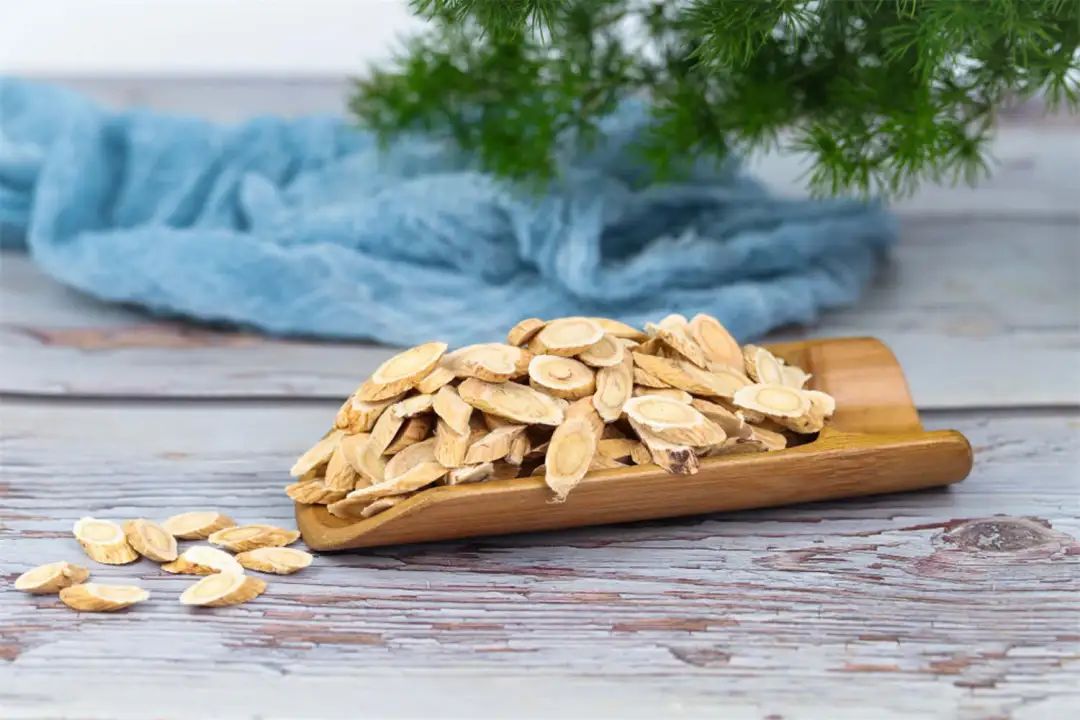
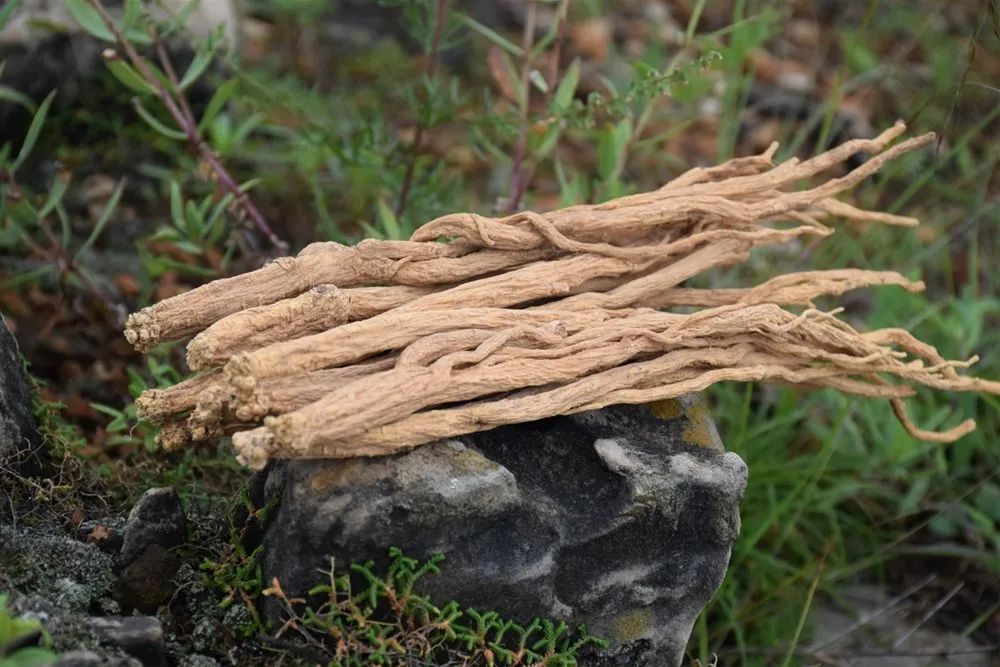
Huang Qi and Gou Qi Tea
1. Source: “Sheng Ji Zong Lu”
2. Ingredients: Huang Qi (Astragalus) 10g, Gou Qi Zi (Goji Berries) 10g
3. Tea Preparation: Mix both and steep in boiling water, cover and let steep for 10 minutes before drinking (good taste).
4. Tea Cooking: Boil both in water for 3 to 5 minutes before drinking (good taste).
5. Consumption Method: Steep tea, boil tea, or drink as a substitute for tea, frequently until the flavor is mild. Once daily.

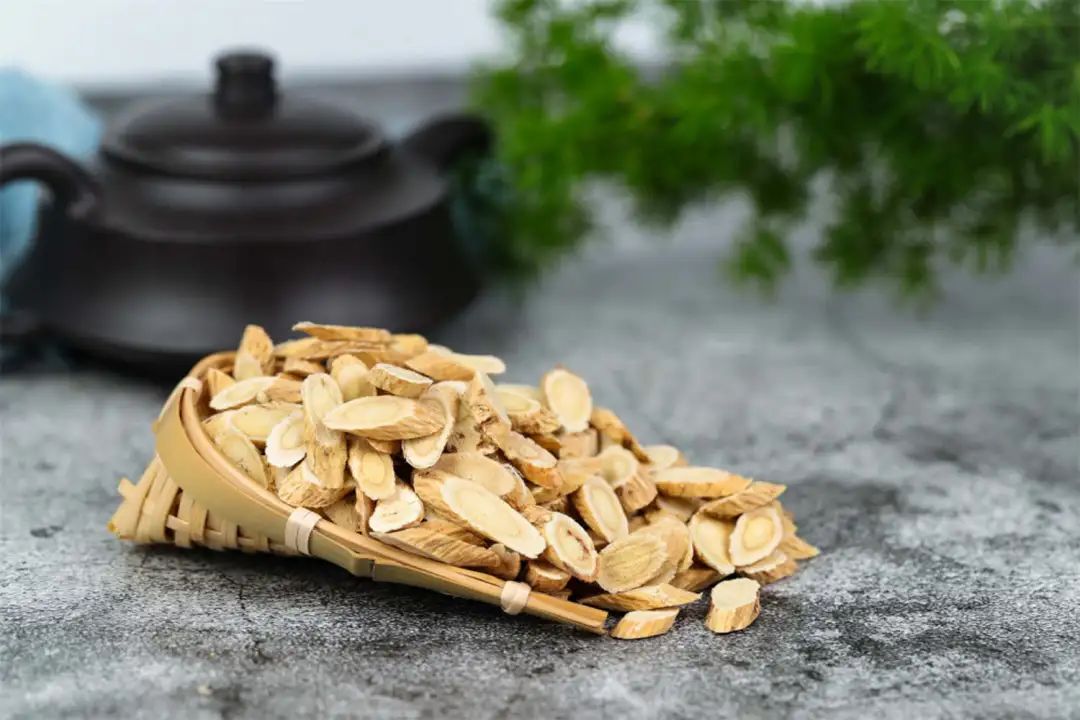

Recommended Daily Ingredients

1. Grains: Glutinous rice, wheat, millet, corn, red beans, and other grains should be consumed in balance.
2. Vegetables: Warm vegetables such as Shan Yao (Chinese Yam), spinach, lentils, leeks, cabbage, onions, mushrooms, and fennel.
3. Meat, Eggs, and Dairy: Warm red meats such as chicken, lamb, eel, milk, liver, shrimp, beef, and eggs.
4. Fruits and Others: Warm fruits such as peanuts, hawthorn, apples, pine nuts, jujubes, longan, pine seeds, peaches, apricots, cherries, lychees, and pomegranates.

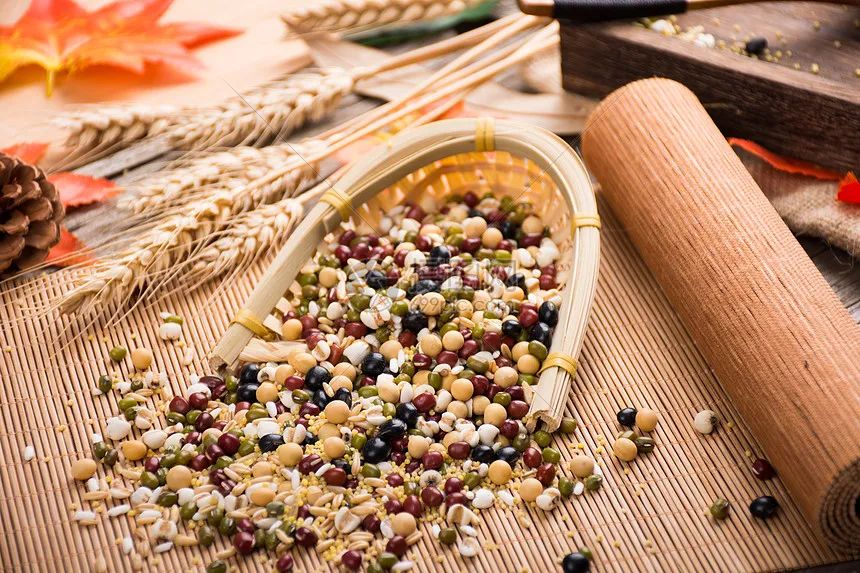

Precautions

1. Dietary Restrictions: Avoid bitter, cold, raw, greasy, and overly rich foods.
2. Diabetic patients should avoid honey. Diabetic patients should choose foods low in sugar.
3. Pregnant and nursing women should follow medical advice.
4. The above dietary therapies can be chosen individually or alternated.
Based on different constitution types, targeted prevention should be conducted. Dietary choices should be based on the TCM theory of “Four Qi and Five Tastes,” selecting targeted dietary therapy plans according to the cold, heat, warm, and cool properties of foods, which can improve clinical symptoms and enhance quality of life, and is worth promoting.
★

Some images and text sources: Li Yanping, Ji Jinlian

